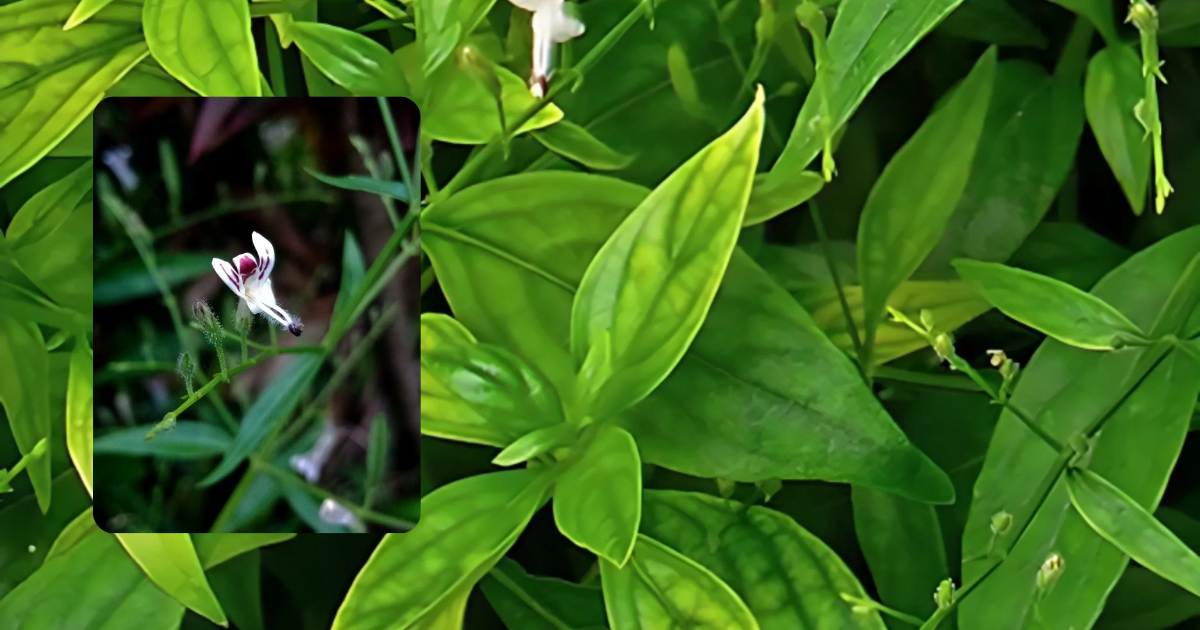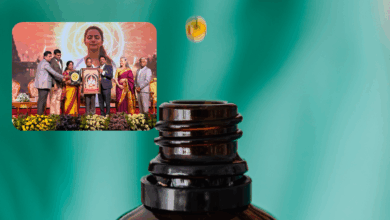Plant-Based Breakthrough Offers New Hope Against Deadly Nipah Virus
They are safe, affordable, and widely available

In a major scientific leap that blends ancient wisdom with modern innovation, researchers at the Indian Institute of Technology (IIT) Palakkad have discovered two naturally occurring plant compounds that could help in the fight against the deadly Nipah virus.
The molecules – andrographolide (from the medicinal plant Andrographis paniculata, known locally as “Kalmegh”) and stigmasterol (found in various herbs and seeds) – have shown remarkable ability to block critical proteins that the virus needs to survive and replicate.
“These compounds are already well-known in traditional medicine for their immune-boosting and fever-reducing properties. What’s exciting is that we now have scientific evidence showing they could stop Nipah in its tracks,” said a senior researcher from IIT-Palakkad.
The team found that when these molecules were formulated into nanoconjugates, their antiviral power was significantly enhanced – potentially surpassing existing drugs like remdesivir, ribavirin, and favipiravir.
One of the biggest challenges in Nipah virus research is the need for BSL-4 (Biosafety Level 4) containment facilities, which are rare and expensive to operate. The IIT-Palakkad team is addressing this by developing innovative lab assays that allow antiviral testing in less restrictive environments, speeding up the drug discovery process.
Why it matters ? Nipah virus, first identified in Malaysia in 1999 and later in Kerala, India, has a high fatality rate and no approved treatment. Outbreaks often lead to strict containment measures, and the virus’s transmission from animals to humans remains a serious concern.
Health experts say that plant-derived molecules offer an added advantage – they are safe, affordable, and widely available. Both andrographolide and stigmasterol have been part of Ayurveda and Siddha formulations for centuries, making them familiar to both healers and patients.
“Finding hope in our own backyards, in our own traditional pharmacopeia, is a beautiful reminder that solutions to modern health crises may lie in nature’s medicine chest,” the researcher added.
The discovery is still in its early stages, and further pre-clinical and clinical trials will be necessary before these molecules can be developed into approved treatments. But with the new low-cost testing platform and the potent antiviral potential already demonstrated, scientists believe the road ahead looks promising.
For now, the breakthrough offers a rare glimmer of optimism in the ongoing battle against one of the world’s most lethal viruses – and a testament to the power of combining ancient plant knowledge with cutting-edge science.


